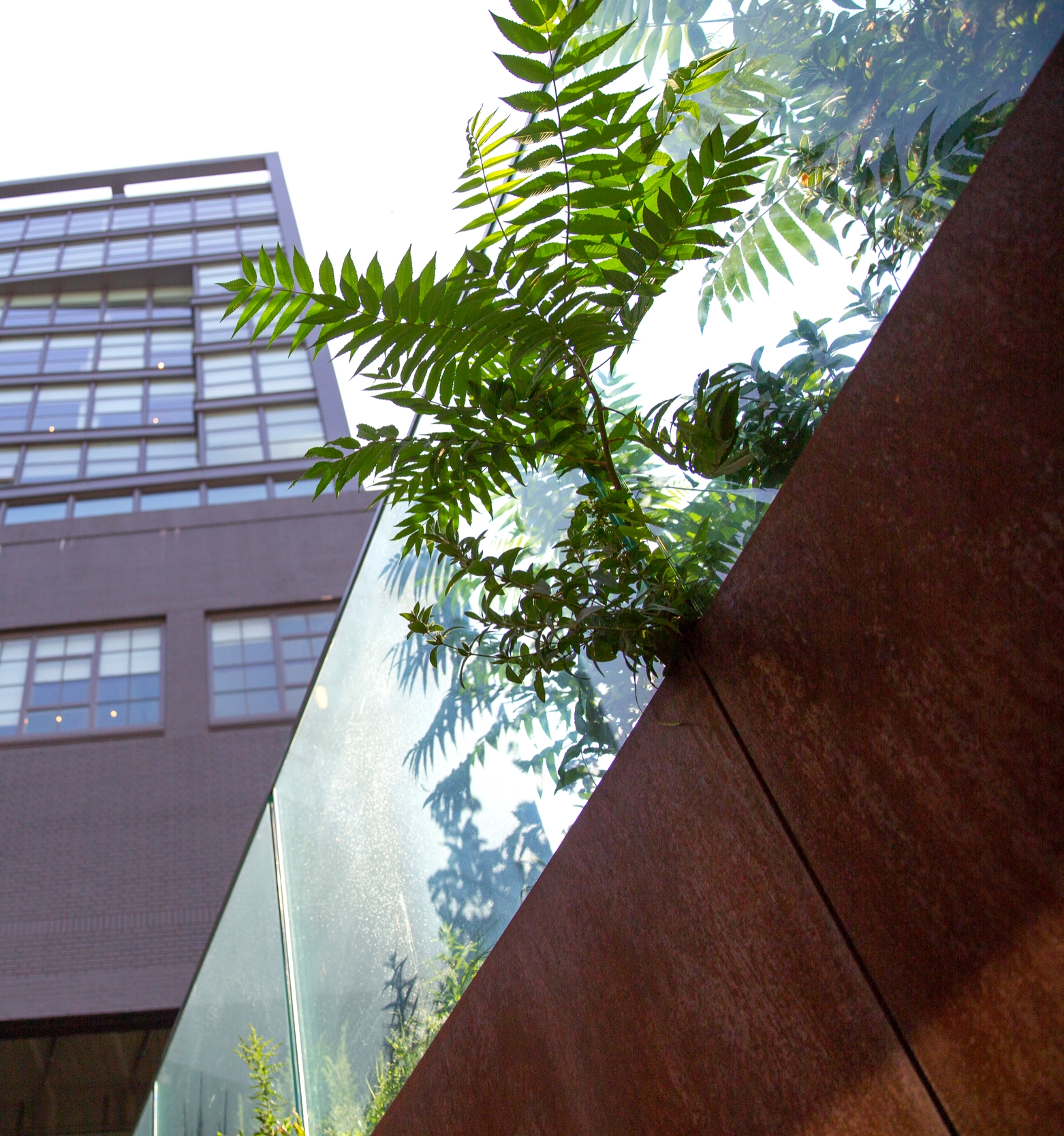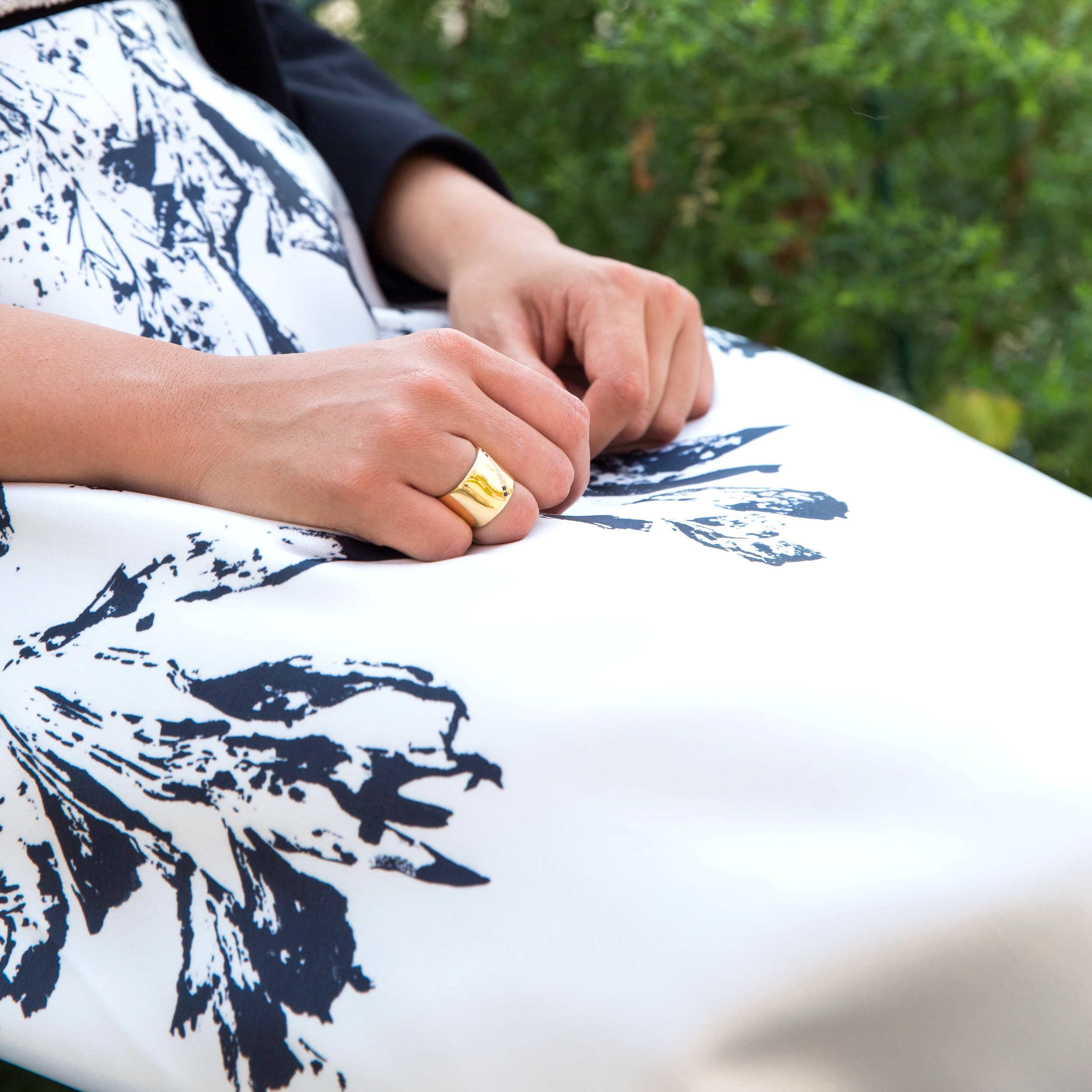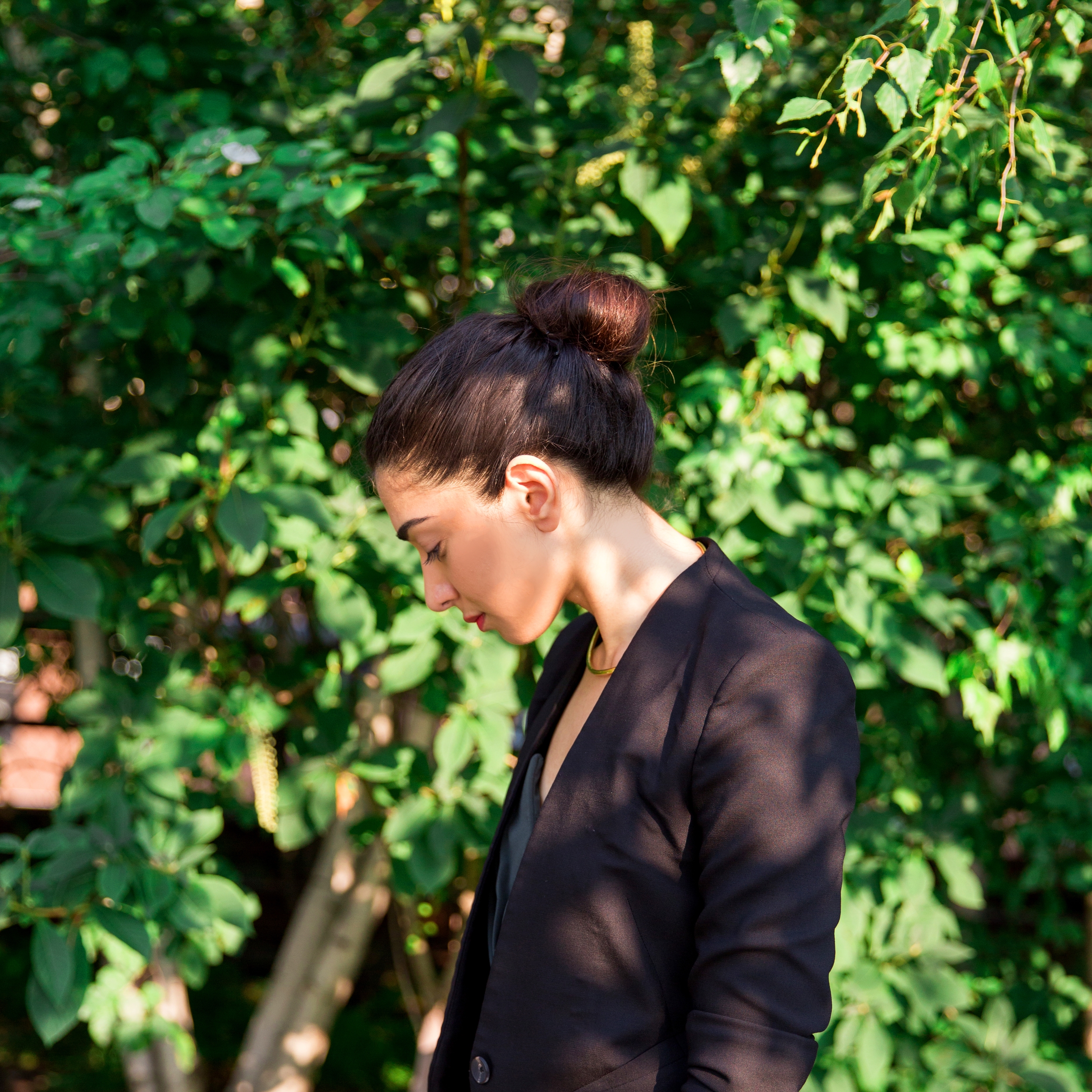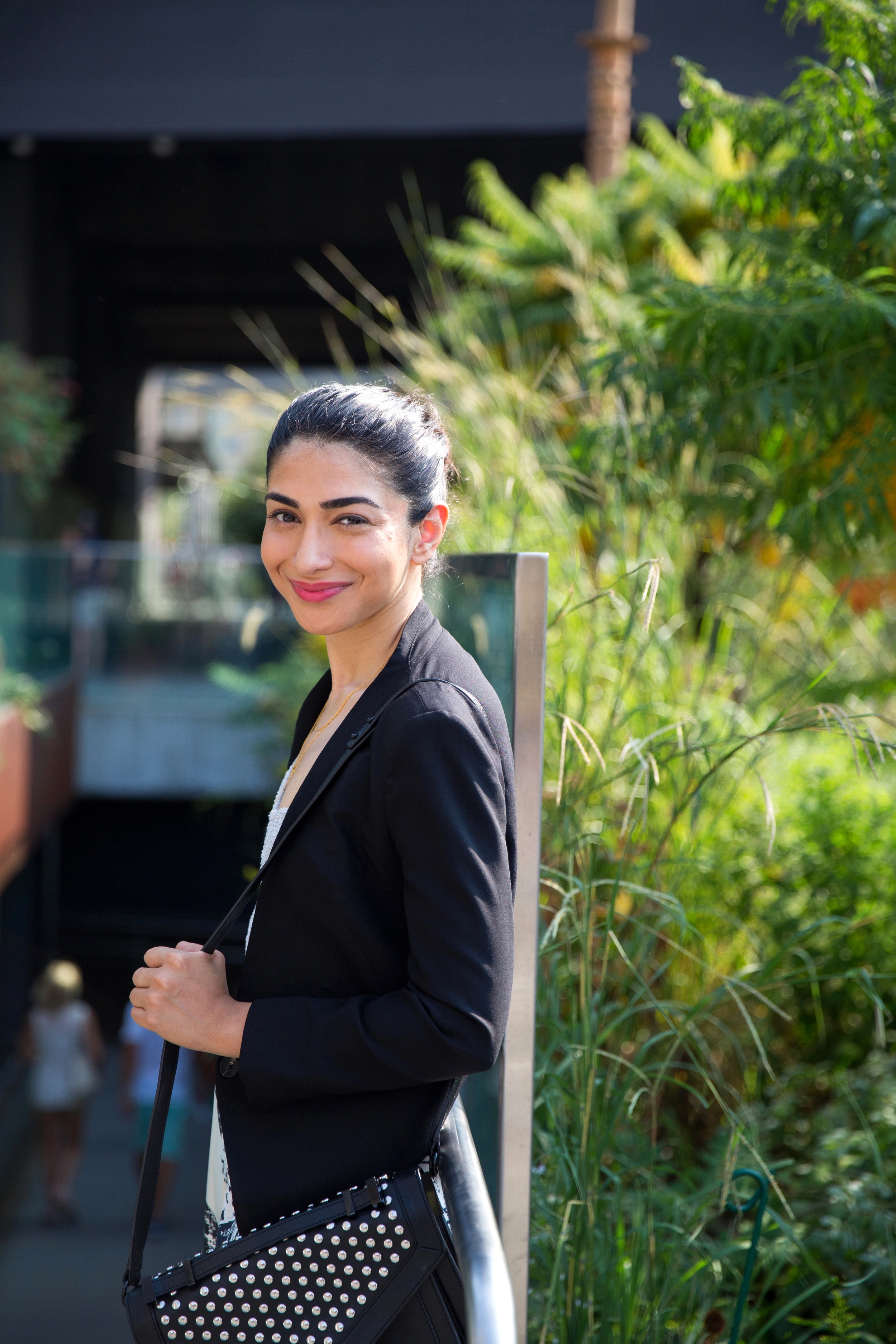
Shiza Shahid
Co-Founder, The Malala Fund New York, NY
It all started with… wanting to help.
Raised in Islamabad, the capital of Pakistan, Shiza Shahid became involved in activism at the age of 14 — working in microfinance and microenterprise with women, volunteering at earthquake relief camps and organizing protests. At 18 she moved to California for a Stanford University scholarship, while violence in her homeland was escalating. In 2009, as part of their campaign of violence, the Taliban attacked girls’ education in the Swat Valley of Pakistan, bombing over 200 schools. It was during this time that Shiza watched a New York Times documentary on 11-year-old Malala, a Pakistani girl who was secretly blogging for the BBC about her fight for education along with her father Ziauddin Yousafzai an educator and activist. Shiza reached out to offer Malala and Ziauddin Yousafzai her help, which resulted in an entrepreneur-focused camp for Malala and 26 other young girls. A few years later in 2012, Malala was hunted down by the Taliban and shot in the face. This horrific event catapulted Shiza’s role in Malala’s life from mentor to manager. She began handling the global attention around Malala’s story, which lead to the establishment of a fund to drive their cause of girls education. As founder and founding CEO of the Malala Fund, Shiza was an entrepreneur before she knew the meaning of the word.
From the time I was very young, without calling it entrepreneurship or having the language to express what was driving me, I had this sense of: things seem wrong and I feel like I can help. How can I create something that matters?
When did your entrepreneurial journey start?
It started with an instinct to look at the world and say — this seems wrong. This seems like something I can help fix, so that’s what I’m going to do. That started as volunteering with earthquake relief and organizing protests, which then grew into girls and women’s empowerment and education, which is what led me to support Malala and her father. After Stanford I wanted to grow my business skills but wasn’t sure how to launch the next entrepreneurial venture. I joined Mckinsey & Company in Dubai and the plan was to be there for a few years, develop a toolkit and launch an impact venture. Then Malala was shot and my world turned around quicker than I expected — propelling me to build something bigger and faster than I thought I would.
Was there a specific moment when you decided to fully commit yourself to your cause?
I’ve always been driven to create global impact through the lens of women and girls, education and entrepreneurship. I wanted to shed light on an issue — the issue being that in the part of the country where I grew up, there was a terrorist insurgency and a tactic of war was banning girls education. We had to get people of influence to change that, and the best way to do so was to hear stories of school-girls, like Malala. We were going to tell those stories in the capital to change what was happening for girls in that part of the country. A lot of strong relationships were formed, the government intervened, girls returned to school, so we reached our objective.
With Malala, I committed to take what had happened in this terrible moment and turn it into something that changed the world for better and to enable her and her dad to use their voices to create change. I never expected to build or run the organization but I saw an opportunity to help. I knew it was going to be a critical chapter, because there is so much work that needs to be done. There are so many Malala’s out there who need empowering.
What are your main challenges?
I think that the challenges evolve and my understanding of them deepens. I’m increasingly convinced that as a global community we do not appreciate what it takes to solve the big problems in the world. We call education and universal healthcare a priority, but we look at solving these issues through a lens of charity. We believe that simple philanthropy or writing a check will fix things, and a lot of impact work has become about celebrities and us feeling good about ourselves. It’s not that simple. If you look at health-care, 90% of the disease that exists in areas of poverty are curable with basic hygiene and medication. To build a system of rural health care clinics in Nigeria, for example, you have to have the infrastructure in place, from trained staff to available supplies to proximity to the villages. The type of person who could build those systems is going to be an operational, passionate entrepreneur — someone capable of being the COO of Apple. But we’re not investing in entrepreneurs to do this kind of work — we’re building charities and throwing galas instead. We’re not approaching these problems with the intellectual rigor they demand. So I see a big challenge in making impact effective.
How has being a woman helped you in your mission?
I grew up in a pretty patriarchal culture. On the one hand, that meant I was often the only female volunteer in earthquake relief or refugee camps. Given the cultural barriers of mixing the sexes, from the age of 14 I was given a lot of responsibility and access, which meant I learned a lot. On the other hand, I’ve found being a woman in the workplace a challenging experience — locally and internationally. I was a very young woman with very big dreams putting myself into very big situations, where I often had a male boss or was the only young woman in the room. Over time as I built the Malala Fund, I learned to surround myself with a community of women entrepreneurs, mentors, investors and philanthropists from diverse backgrounds. Having that community really changed things for me. I started to actively mentor women and give back, and that’s become a really big part of what I do now.
Growing older and finding my community and entrepreneurial power has encouraged me to create and foster communities of women who support one another. It’s also made me realize how rare that is — growing up I didn’t have that at all. Part of my mission involves building a network of women innovators in emerging markets that provides mentorship, training, press visibility — things that support and empower them.
How do you think what we wear can empower us?
I think what we wear says a lot about who we are. I also believe it has to enable us to get things done. Functionality and movement is becoming a bigger part of women’s clothing, something men have embraced in their clothing for a while now. I personally have intensely busy days when I am going from gym to work to meetings to dinner — and I have to move and function, have speed and agility, but also represent who I am. Growing up in Pakistan, I wore a lot of colors and flowy fabrics, so long bright dresses remind me of home — or even just a little tribal necklace with a functional black jumpsuit. These are things that make me feel strong and authentic.
What have you found to be some of the most important characteristics in entrepreneurship?
So much of it is about attitude and self-confidence. We’re taught to have this mindset of needing expertise to do things — if you’re going to start an investment vehicle you have to have a degree in finance, then work as an apprentice, then prove yourself in the industry, and by then you’re probably not going to be so entrepreneurial. I’m often asked how one finds their passion. You need to find an issue that perturbs you and say out loud: “This is wrong.” The second part is believing that you can make a difference.
With entrepreneurship there is this constant sense of — am I good enough? am I the right person? I think the people who succeed are the ones who say, I don’t know but I’ll figure it out. I’m going to start. I’m going to show up.






















